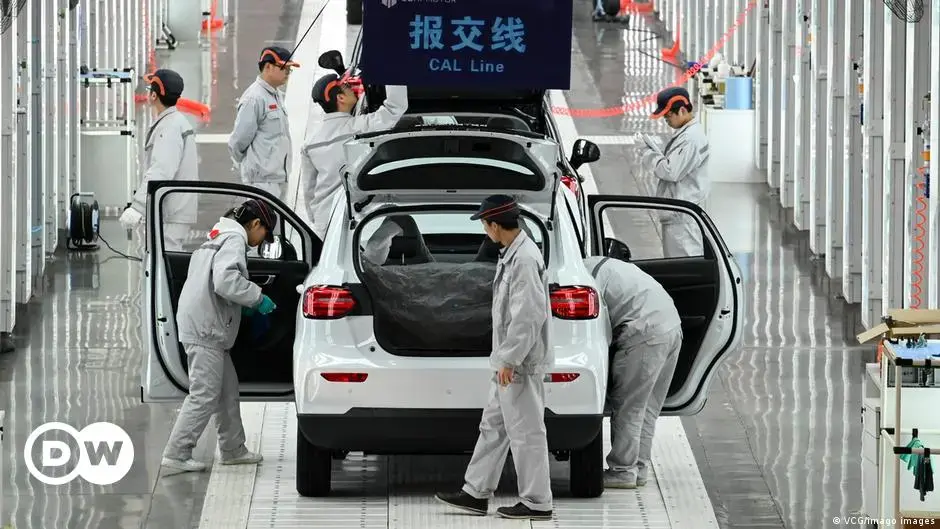- cross-posted to:
- europe@feddit.de
- china@sopuli.xyz
Chinese firms can often undercut their Western counterparts for many reasons, including cheaper labor and economies of scale. But they also benefit from very generous state incentives, which help to make foreign rivals uncompetitive.
European Competition Commissioner Margrethe Vestager described China’s playbook for dominating green-energy sectors during a speech at Princeton University this week. Noting how China first attracts foreign investment through joint ventures, she said the country was “not always above board” in the way it acquired green technological know-how. China then closed its own market to foreign firms before exporting excess capacity to the rest of the world at low, subsidized prices, she says.
“We should prepared to play hardball with China,” says Rolf Langhammer, former vice president of the Kiel Institute for the World Economy (IfW-Kiel)… “For electric cars and green technology, the US and EU are the most important foreign markets, and the Chinese need access.”



@Dieguito @PoliticallyIncorrect
One can easily infer from your comments that you didn’t even click the link. It really helps to read an article before commenting.
Addition:
Modern slavery in China
You don’t need to read the article to know the capitalist “solution” for the growth and exportation of Chinese products like EVs or something else consists into implementing higher punishment tariffs, just a way to keep the capitalist boat a float while they play in the intelligence field the real war.
The main question it’s if the massive propaganda social media system can effectively gaslight the population from realizing the failure of the capitalist economic system.
Edit: I think it depends in what it’s actually the definition of modern slavery cos if you ask me in the west capitalist systems there are 99% of the population into modern slavery.
Are you seriously trying to redefine slavery just to defend a murderous dictatorship?
As you don’t like reading, watch a documentary.
Forced Labour - SOS from a Chinese Prisoner
@PoliticallyIncorrect
It would be helpful if you posted a source for that claim. Where did you get that?
For China, I have one regarding North Korean workers in Chinese seafood processing.
You’d find a lot more.
2010: Foxconn Installs Antijumping Nets at Hebei Plants
Forced labor in China was a feature, not a bug.
Denouncing it after knowingly benefitting for decades, is a bit disingenuous.